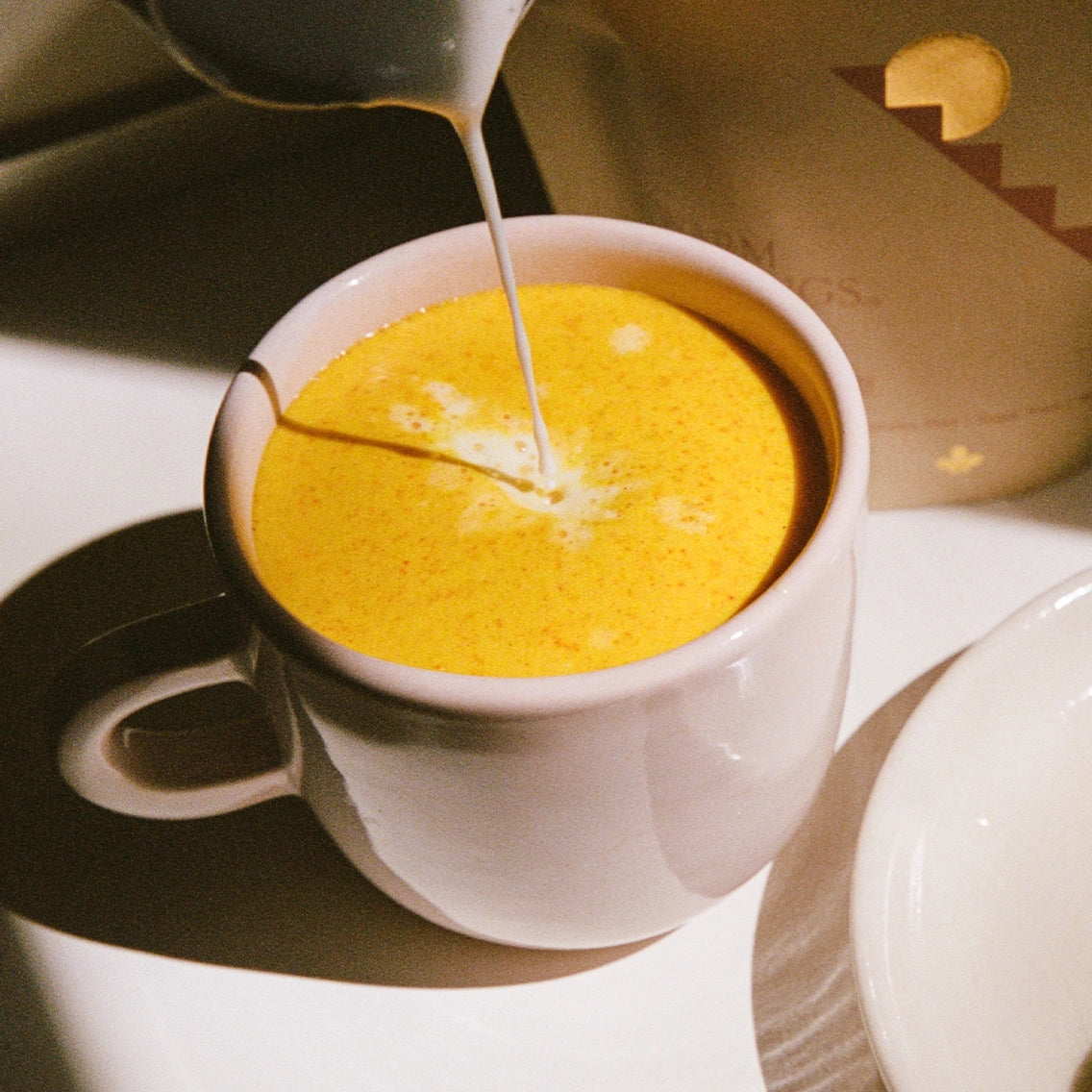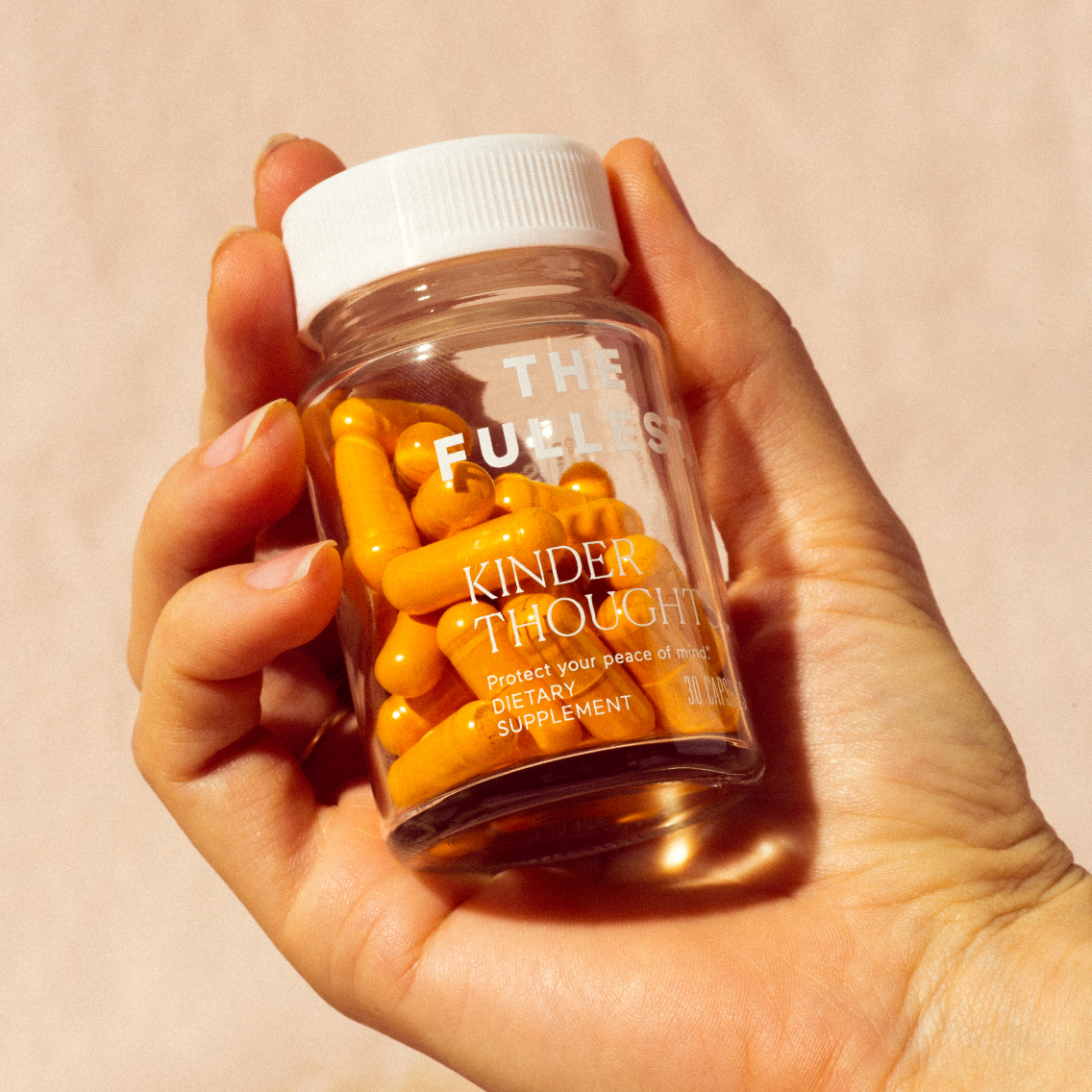The research is in and our food choices absolutely have an impact on our mental health. One such “diet” that’s making waves is the aptly named, Depression Diet. Less of a diet and more of a lifestyle choice, this form of eating prioritizes “mood-boosting” foods that have a positive chemical composition on our bodies — equally, it limits or completely avoids foods that can trigger mental health conditions. Read on to learn more about eating for mental health.
Foods That Help Treat Depression & Anxiety
There are a number of different ways foods work physiologically to support our mood. However, you’ll notice they nearly all come from whole foods.
So before we get into the details, just remember that the general rule for eating for mental health is a diet full of organic produce (with lots of variety in your fruits and vegetables), some healthy fats, and supplement support where needed.
Antioxidants: Kind of Like Their Own Form of Anti-Anxiety Medication
Our bodies produce free radicals that can create aging and cell damage, particularly in your brain. Antioxidants lessen their impact and can help with inflammation — a condition that can trigger depression. One study from the Journal of Nutritional and Environmental Medicine found that depression sufferers that had been treated with antioxidants over placebos had a significantly lower depression score two years later.
Fortunately, antioxidants can be found in some of the more delicious fruits and vegetables. Here are a few examples of top-rated produce for antioxidants:
- All berries — especially, wild blueberries
- Beans — kidney beans, pinto beans, black beans
- Apples — Red Delicious, Gala, and Granny Smith
- Prunes and plums
- Russet potatoes
- Pecans
- Dark leafy greens
Fiber: Makes You Feel Full and Feel Good
Fiber has been getting more airplay in wellness circles of late — and for good reason. Fiber is a huge component of gut health, and gut health is a huge component of mental health. Essentially, when fiber is broken down in the gut, it produces short-chain fatty-acids that help our immune system. Some studies show that those that experience chronic or long-term illnesses, experience higher rates of depression and those that experience depression can have a weaker immune system. Meaning either way you look at it — a strong and healthy gut can help with preventing both physical and mental illness.
Fiber is also one of the nutrients that most people under-index on, so make sure to check in with your diet and support it with organic, high-fiber foods including:
- Beans
- Avocados
- Broccoli
- Oats
- Artichokes
- Legumes
- Chia seeds
- Almonds
Complex Carbs Create Calm
Not just some neat alliteration, this mantra is science backed. Although carbs have been unfairly labeled as unhealthy, they are essential to our emotional well-being and have been linked to serotonin — the mood boosting chemical in our brain. Not to sound like a broken record but again the key is to choose organic whole foods such as vegetables, fruits, and grains — obviously, it’s just as important to avoid processed and ultra-processed carbs that can run havoc on your system and create mood swings and imbalances.
- Sweet potatoes
- Mung beans
- Millet
- Beans and legumes
- Oats
- Brown rice
What Foods Are Best to Avoid When Eating For Mental Health?
Alcohol
As much as alcohol can feel like a mood-booster, in the long-run it’s the exact opposite. Alcohol can be seen as a temporary relief from depression but ultimately worsens existing symptoms or triggers new bouts of depression and is best avoided all-together.
Caffeine
Some studies report that caffeine can actually be beneficial in small doses for those suffering from depression as it has stimulating and antioxidant properties. However, if you suffer from anxiety or are sensitive to caffeine, it is best avoided or minimized. Equally, caffeine can disrupt sleep which also can wreak havoc on mood and depression. So, make sure to stop caffeine consumption before noon.
Tip: Seeking a caffeine alternative? There are a number of healing lattes that not only prevent caffeine jitters but also have mood-supporting ingredients and benefits such as our Warm Feelings™ saffron latte that is made with the clinically recommended dose of saffron for treating depression and anxiety. Learn more about it here.
Refined Foods
Studies show that people who eat a diet higher in processed and refined foods report higher levels of depression than those on a whole foods diet. This is attributed to a lack of nutrient dense foods that support mood and bodily functions and an excess of sugar that creates excessive highs and lows AKA a “sugar crash.”
Processed Oils
More and more we’re learning about the harmful effects of polyunsaturated fatty acids (PUFAs) that are found predominantly in cooking oils. Unhealthy for a number of reasons, when it comes to mental health they are linked to inflammation that can worsen symptoms of depression. You can learn more about PUFAs here.
Can Supplements Play a Role in Treating Depression with Nutrition?
Whole-food supplementation can additionally aid in the treatment of depression. By taking your supplements in food-form, you are getting your daily nutrients just as nature intended for optimal benefit. Plus they are super gentle and can be taken on an empty stomach if so desired.
Vitamins and minerals aren’t found as synthetic “isolates” in nature. So make sure you are sourcing the right type of supplements — we like Pure Synergy if we are looking for specific supplement support as well as our line of saffron based products and ancient rituals. A few others we suggest are:
- Zinc from oysters
- Folate from Liver, Papayas, Broccoli, Bananas, and Lentils
- Vitamin D from the sun
- Vitamin C from Barberries and Citrus
- Magnesium and Minerals from Quintons
- St. John’s Wort
Botanical support is especially useful for people looking for natural alternatives or those sensitive to pharmaceutical medication. In particular, saffron has been shown to have none of the side effects of Prozac but been as effective in the treatment of moderate depression. Check out The Fullest®Saffron Capsulesthat are formulated at the clinically studied doses of saffronhere.
Of course the Depression Diet alone is not an immediate cure-all for those dealing with mental health; there are other factors including exposure to nature, community, and social connection and genetics. However, a strong and stabilizing diet does provide a robust foundation and tempers mood swings and imbalances, giving people the best chance to consistently heal their symptoms and find both joy and emotional resilience in their day-to-day lives.





Leave a comment (all fields required)